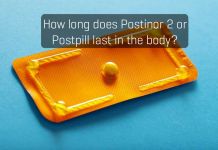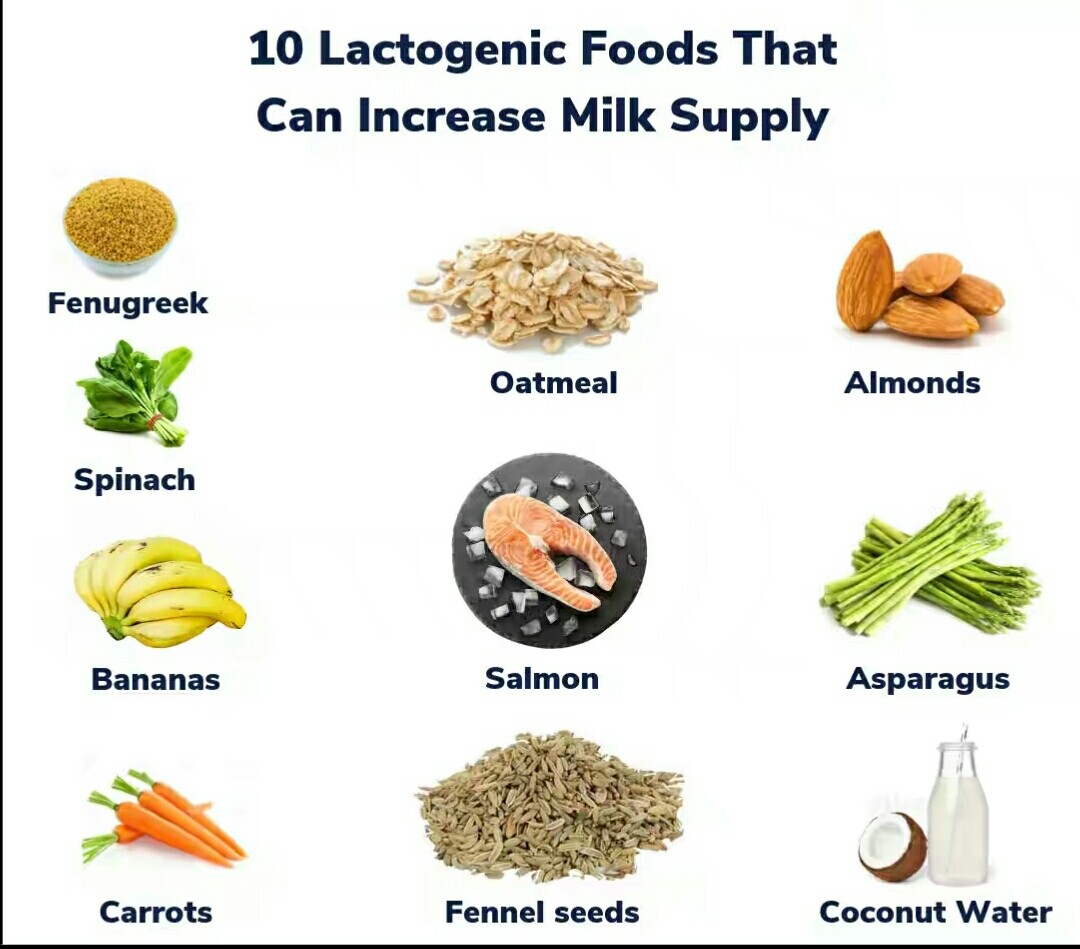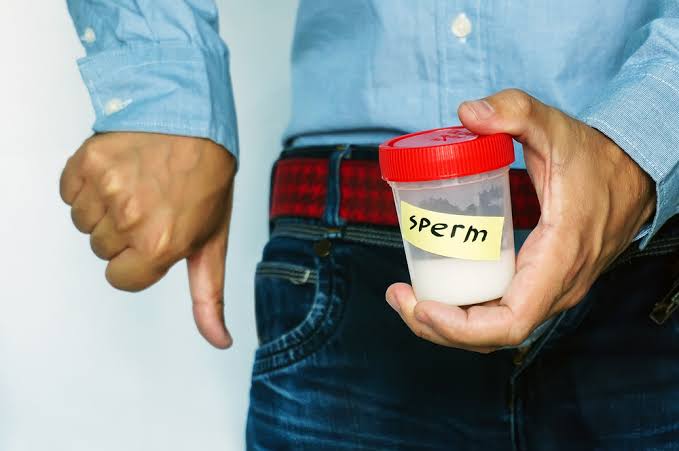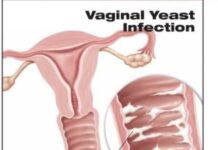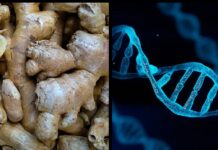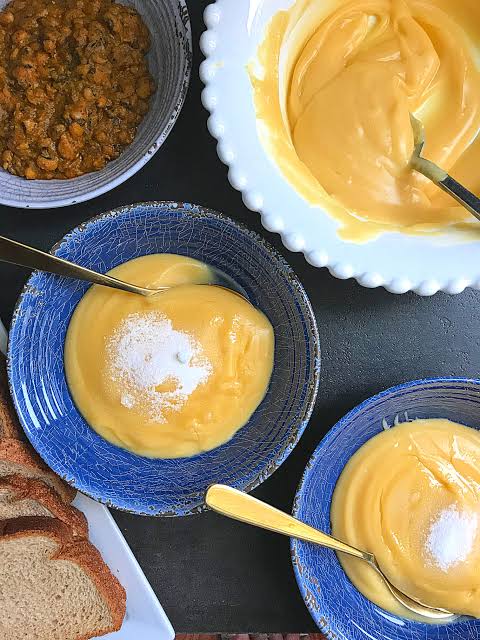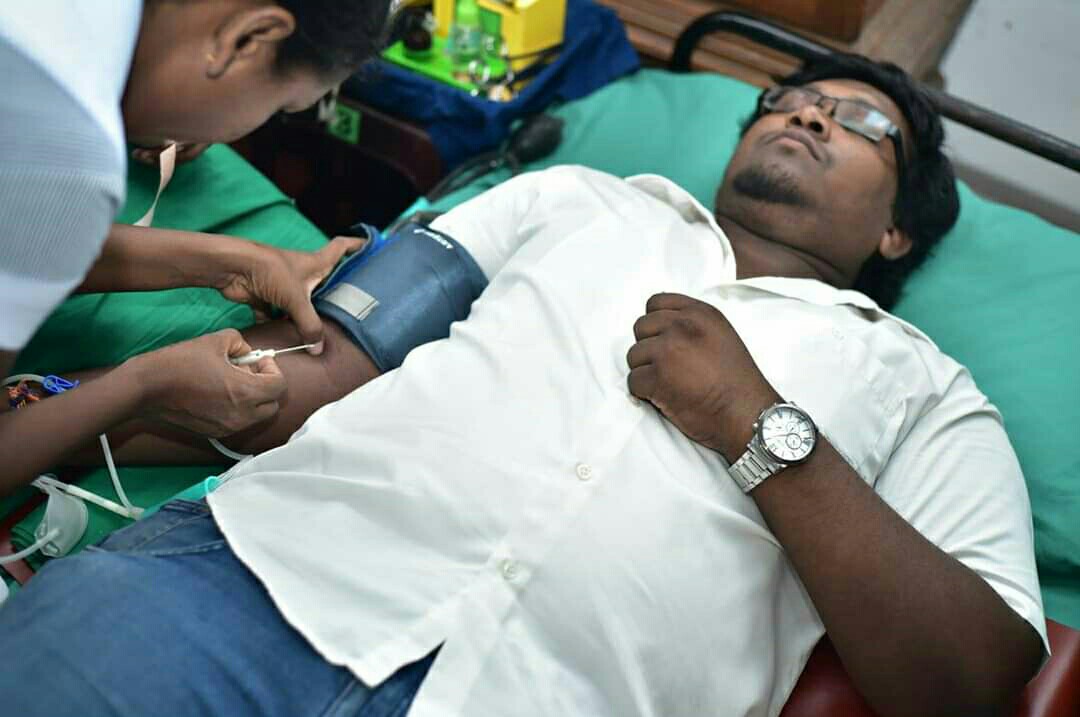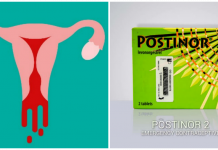The Criteria You must Meet Before Blood Donation in Nigeria
What are the criteria you must meet to be eligible for blood donation in Nigeria ?
Transfusion of blood or blood products is an invaluable therapeutic measure. It should, however, not be given without good reason because of its potential hazards. Currently whole blood is fractionated into specific components which can be tailored to the physiological needs of the patients.
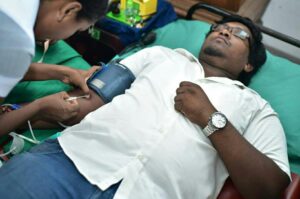
Indications for whole blood transfusion are:
1. To restore blood volume in cases of sudden loss of 25% or more of the blood volume.
2. Patients undergoing exchange transfusion.
3. Patients who continue to bleed after receiving 4 units of packed red blood cells.
Blood Donation Criteria and Collection of Blood
Donors, who should be between 18-65 and over 50kg in weight, should be:
1. Fit
(i) Haemoglobin of over 12g/dl or more for both males and females.
(ii) No major operation in the last 6 months.
(iii) No pregnancy within the last 12 months.
(iv) No blood donation in the past 6 months.
(v) No clinical malaria in the past one month in endemic areas.
(vi) No blood transfusion, tissue or organ transplantation within the past 12 months.
In view of the scare of new variant CJD, all
recipients of blood from UK donors are permanently deferred as blood donors.
(vii) Free from severe hypertension, splenomegaly, hepatomegaly, bleeding disorder or allergic conditions such as asthma.
(viii) No recent unexplained weight loss of 4.5kg or more.
(ix) Not had tattoos, ear or skin piercing, acupuncture or accidental needle-stick injury within the past.
2. Free of history or ciinical evidence and not carriers of the following diseases:
i) Viral hepatitis
(ii) HIV infection
(iii) Syphilis
(iv) Trypanosomiasis
(v) Brucellosis
The blood should be non-reactive for the VORL test and negative for malarial parasites, hepatitis surface antigen (HBsAg), Hepatitis C virus antibody, HIV I and ll antibody and
HTLV l antibody.
3. Unvaccinated within the last 3 weeks and must not belong to any of the risk groups for HIV infection e.g. homosexuals, IV drug abusers or commercial sex workers and their clients.
Collection of blood should be done under strict asepsis into a sterile plastic bag containing 60ml of citrate-phosphate-dextrose (CPD) as anti-coagulant and preservative.
Citrate phosphate-dextrose (CPD) keeps the red cells viable for 21 days invitro. The use of CPDA-1, adenine-enriched CPD, extends the shelf-life to 35 days. The labelled plastic bag is stored as early as possible in a special blood bank refrigerator at 2-6 degree Celsius.
Afterwards the following tests are done on donor blood collected into a separate container.
1. ABO and Rh grouping.
2. Serological tests for syphilis, HBsAg, HCV, HTLVI and HIV I and II.
3. Thick and thin films for malaria parasites
4. The American Association of Blood Banks (AABB) recommends that donor blood should be tested for HBC antibody and p24 antigen or HIV- l antigen and all reactive donations
should be discarded.
Read more on Wikipedia




